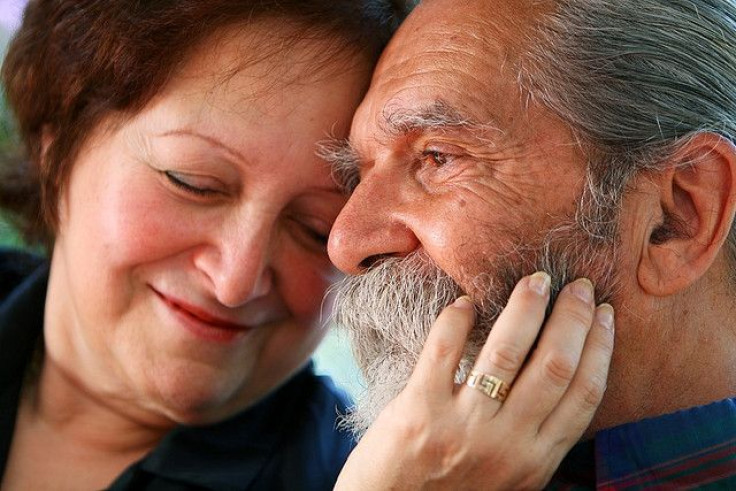Many Women Need More Guidance About Sex After a Heart Attack

Anyone who has a heart attack has every reason to be scared about the consequences their actions bring afterward, but according to a new study, too many women are worrying about sex after a heart attack even though they don't have to, and researchers are saying that more guidance is necessary.
Sexual Concerns
Most women who participated in the study resumed sex within four weeks of a heart attack (myocardial infarction), and all of them except one resumed within six months. However, all of them expressed worries that sex would be harmful, and some said their fear was what caused the loss of sexuality, MedPage Today reported. The women also reported that although they were less sexually active, nonsexual intimacy and satisfaction increased.
"Cardiac rehabilitation guidelines include identification and management of sexual dysfunction, yet evidence-based strategies to improve sexual outcomes, especially in women, following a myocardial infarction (MI) are very limited," the researchers wrote.
"The problem here is that women would like to resume sex after their heart attack, but they would like to be better informed about what's safe so they can have a more enjoyable sex life," Dr. Stacy Landau, of the University of Chicago Medicine and study co-author, told MedPage Today.
The study involved 17 women who were already part of a larger study known as TRIUMPH (Translational Research Investigating Underlying Disparities In Acute Myocardial Infarction Patients Health Status Registry). The multi-site longitudinal study already found that only 47 percent of men and 35 percent of women were counseled post-heart attack about resuming sexual activity. It also found that these people were more likely to be sexually active one year after their attack.
The 17 women, whose average age was 60, with a range of 43 to 75, were interviewed about a number of subjects, including their own characteristics, sexuality and recovery, issues related to resuming sex, and patient-physician communication about resuming sex. They were also asked about initiation, context, timing, and efforts to improve sexual behavior.
Some women said that having sex after a heart attack was "important for regaining a sense of normalcy." While another said that she "just didn't want to be stigmatized as a heart patient at that point."
What Should Women Do?
The researchers concluded that there wasn't enough counseling provided to women after a heart attack. They learned that the "majority of women interviewed did not recall receiving instruction from their physicians regarding the resumption of sex post MI." Only five women were received counseling, and it wasn't until they approached their physicians about it. Even then, the physicians weren't clear in their response, telling one patient she could have sex "just whenever, it's fine."
Doctors may forget to talk about sex after someone experiences a heart attack, since their focus could be on other things, such as medications or cardiac rehab, co-author of the study Emily Abramsohn told HealthDay News. But she still agreed that doctors should address the issue.
"If the doctor brings it up, at least the woman will know it's important to them as well, and that she can talk to her doctor about it," Abramsohn said, adding that women should know that they're not alone in fearing sexual activity after a heart attack.
According to the American Heart Association (AHA), "it is probably safe to have sex if your cardiovascular disease has stabilized." In a statement the AHA also said that sexual activity is "equivalent to mild or moderate activity."
Dr. Suzanna Steinbaum, a cardiologist and director of women and heart disease at Lenox Hill Hospital in New York City, told HealthDay News that if a patient still feels like their physician isn't helping, they can be referred to a social worker, psychologist, or cardiac rehab nurse. She said that although cardiac rehab programs don't specifically address sexual activity, they help with issues of depression and anxiety through exercise and counseling.
"When you exercise and see that you're getting stronger, you also gain confidence," Dr. Steinbaum said.
Source:
Abramsohn E, Lindau S, Decker C, et al. "I'm Not Just a Heart, I'm a Whole Person Here": A Qualitative Study to Improve Sexual Outcomes in Women With Myocardial Infarction. Journal of the American Heart Association. 2013.



























